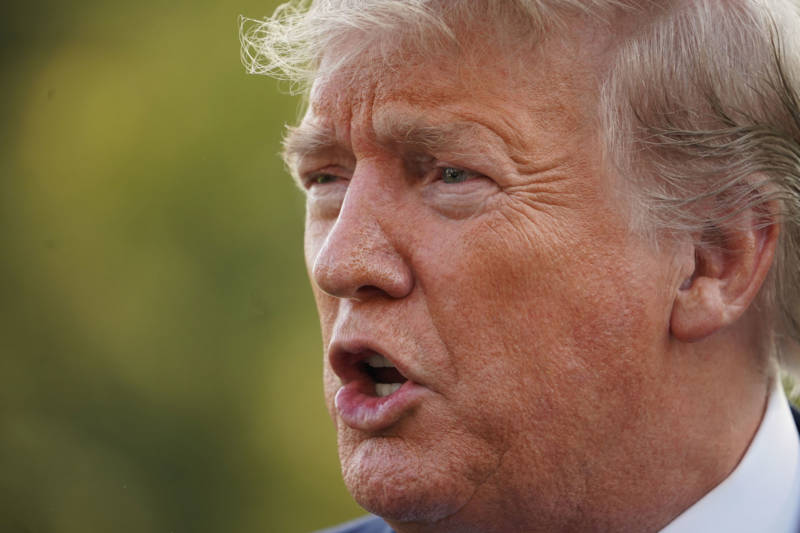In a unanimous decision, the California Supreme Court Thursday struck down a law signed by Gov. Gavin Newsom requiring presidential candidates to release their five most recent income tax returns by Nov. 26 in order to appear on the March 2020 primary ballot.
"This additional requirement, however, is in conflict with the Constitution’s specification of an inclusive open presidential primary ballot," Chief Justice Tani Cantil-Sakauye wrote for the majority.
"The Legislature may well be correct that a presidential candidate’s income tax returns could provide California voters with important information," the chief justice wrote, adding that the requirement would impinge on voters' choices and rights to decide which otherwise-qualified candidates they prefer.
Jessica Millan Patterson, chair of the California Republican Party who filed the lawsuit challenging SB 27, called the decision a warning to Democrats in Sacramento.
"I think it's very clear the arrogance and the overreach of California Democrats right now has no bounds," Patterson told KQED.
She added that "if it is important to you that a candidate releases their tax returns and doesn't, don't vote for that candidate."

